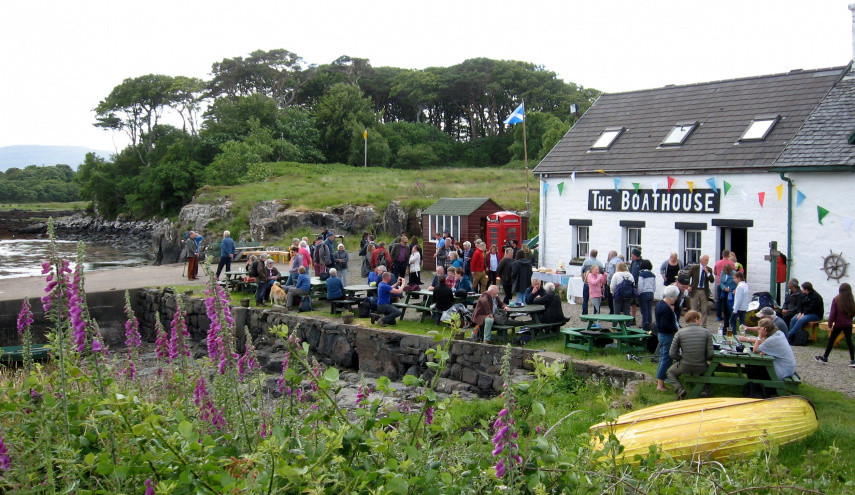
Community Land Leadership Group - update
Lorne MacLeod
The Community Land Leadership Group was established following a recommendation made in the Scottish Land Commission review of community land ownership in 2018.
Expanding community ownership and control of land and assets continues to be a key part of Scotland’s land reform programme, underpinned by the Land Rights and Responsibilities Statement and Principle 3 of the revised LRRS states:
More local communities should have the opportunity to own, lease or use buildings and land which can contribute to their community's wellbeing and future development.
The purpose of the Community Land Leadership Group is to provide a collaborative forum to guide alignment of community land ownership development activity throughout Scotland. Following a pause during the pandemic, it was re-established with four meetings taking place this year, the most recent one being held on 30 November. A summary note of each meeting can be found on the Land Commission website.
Topics that have been discussed include new financing options for land buyouts, challenges and barriers to large scale acquisitions, community capacity and support, asset transfers, community right to buy, and the Scottish Land Fund. The last two topics were discussed at our recent meeting.
Community Right to Buy
For the last 20 years, communities in Scotland have benefitted from world leading land rights that give them a right to buy land and buildings subject to certain legal conditions and processes. These provisions have led to some high-profile community land buyouts, but the successful use of the legislation has become less in recent years. In part this is because transfers have happened by negotiation and that is welcome, but the rights to buy also need to remain an effective option.
The ’Part 2’ registration of interest requires to be lodged at the initial application stage, rather than at the point when the land or building becomes available for sale. We heard in the meeting that the volume of time and information required to put a registration together can be a barrier when communities are heavily reliant on volunteers, particularly when there may be no imminent prospect of the asset being available for sale.
A most interesting proposal presented to the recent Community Land Leadership Group meeting was that the existing process for registration could be improved with an initial “preliminary registration stage”. Key administrative steps would be undertaken for initial registration with substantive tests following if a sale is initiated.
Our Scottish Land Commission advice to Ministers recommended looking at ways to simplify rights to buy where possible and this is one option worth exploring. Proposals for change will of course have to consider the implications for property rights as well as the practical implications for communities and land owners.
Scottish Land Fund
The meeting also considered the current approach to the use of conditions applied to acquisition of community assets. The Scottish Land Fund has seen an increase in the use, mainly by public bodies, of conditions that may restrict future use or seek a share of future value.,
The fund has always had a strong preference to support acquisitions where the subjects are sold with clear title. This is because an unburdened title enables the community to develop its asset to best meet the needs of the community in the present day and in years to come. Challenges encountered by SLF include conditions being applied without prior communication, late introduction in the process; restricted use conditions even where market value is being paid; and clawback conditions that are not related to any discount being offered on the purchase price.
There may at times be sound reason for the use of conditions, for example where transfer is at a discount on market value. However we encourage sellers to articulate transparently the sale process to community groups as early as possible in their discussions and consider seriously the potential impacts for communities of conditions and clawback provisions in being able to make full use of assets.
If you should like to discuss or suggest any issues to raise at the Community Land Leadership Group future programme of meetings, please let us know.
